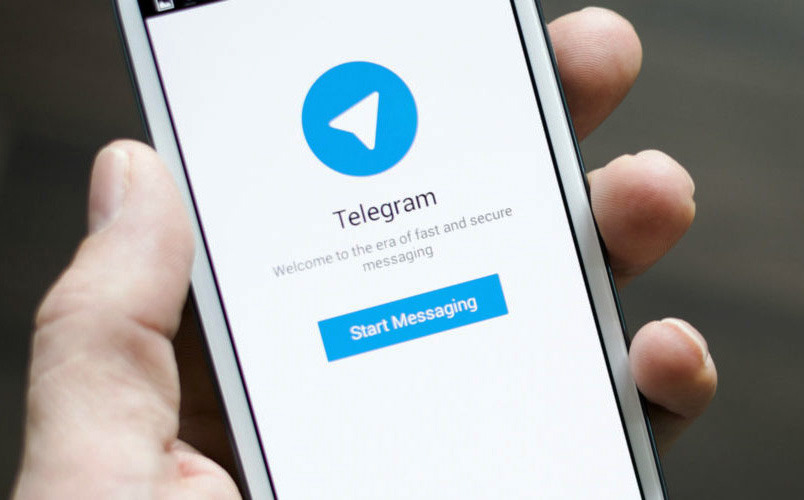Russia demands Apple pull Telegram for iPhone from App Store
Russia's telecomunications regulator, Roskomnadzor, sent orders to both Apple and Google on Tuesday, asking them to halt local downloads of the popular secure messaging app Telegram.
Roskomnadzor had already began blocking access to Telegram on Monday following a Friday court ruling, according to Reuters. While Telegram is a non-profit service developed by a largely Russian team — including heads Pavel and Nikolai Durov — Russia's domestic spy agency, the FSB, ordered the company to hand over encryption keys last year, as required by Russian law.
Pavel Durov has refused to do so, arguing that "privacy is not for sale," and that "human rights should not be compromised out of fear or greed." He noted that Telegram has "the luxury of not caring about revenue streams or ad sales," although he is also aiming to expand the service into a blockchain economic system for its users, and recently launched an initial coin offering to raise the needed money.
Some Russians may still be able to access Telegram by way of virtual private networks, but the government has the authority to shut them down if they support access to banned services.
Although the ban is likely about control of information first and foremost, it also appears to be benefitting services owned by Mail.ru, one of the companies under the control of Alisher Usmanov, an ally of Russian leader Vladimir Putin. ICQ and TamTam have surged in popularity, and in fact Putin internet advisor Herman Klimenko was recommending that Telegram users switch to ICQ before the recent bans took effect. ICQ was bought by Mail.ru in 2010.
As of this writing Telegram still appears to be on the Russian App Store, though that may be short-lived.
Apple is known to comply with censorship requests as long as they follow a country's laws, for example pulling VPN apps from the Chinese App Store. Most recently it has transferred control of Chinese iCloud data to a local company, putting it within easier reach of the government.
 Roger Fingas
Roger Fingas











 Malcolm Owen
Malcolm Owen
 William Gallagher
William Gallagher

 Sponsored Content
Sponsored Content



 Christine McKee
Christine McKee






